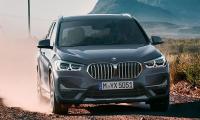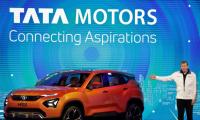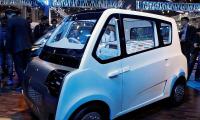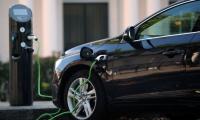Hybrid Vehicles: Practical Solution for India's Decarbonisation
HSBC report highlights hybrid vehicles as a practical medium-term solution for India's decarbonisation drive, outperforming EVs in emissions reduction. Learn more.
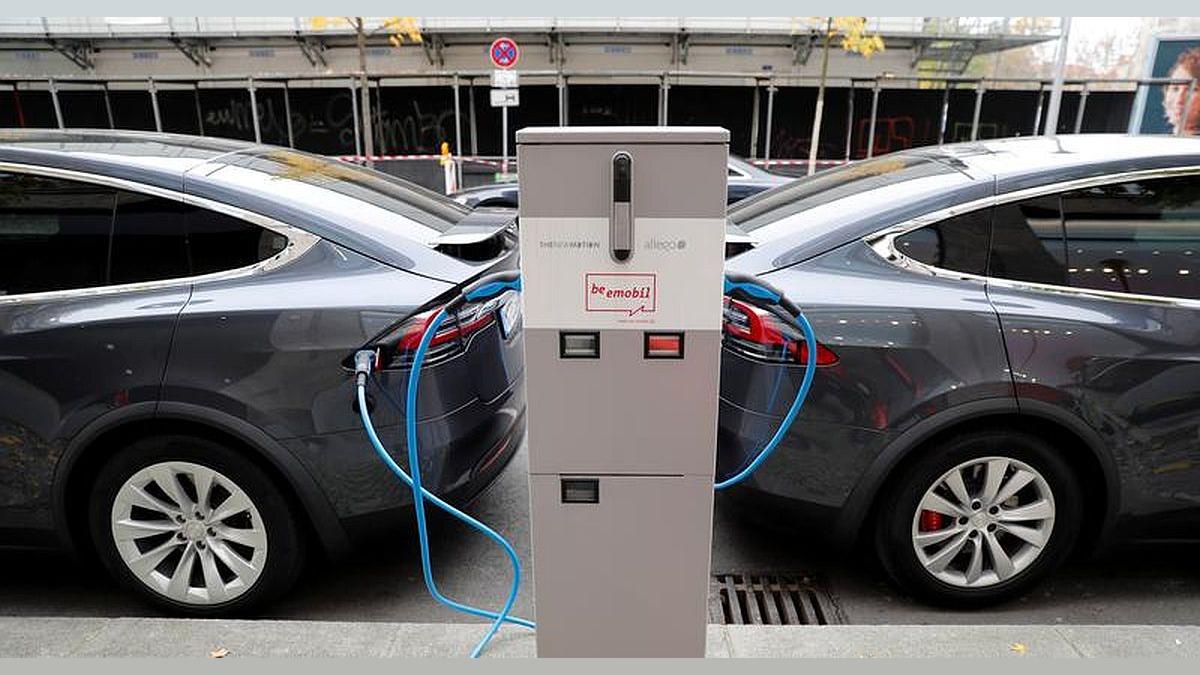
New Delhi, Jan 29 (PTI) Hybrid vehicles are a practical medium-term solution for India's decarbonisation drive as the country moves towards eventual electrification, according to a report by HSBC Global Research.
Under the current circumstances, the total carbon emissions (well to wheel) from hybrid cars is lesser than that of electric vehicles (EVs) and it may take 7-10 years for EV and hybrid emissions to converge.
"Hybrids are critical not just from a cost of ownership perspective, but also for India's de-carbonisation drive," the report said.
Hybrids are much less polluting than EVs, it said, adding that the "total carbon emissions i.e. Well to Wheel (WTW) from an EV is currently 158 g/km vs 201 g/km for diesel, 176g/km for petrol, and 133 g/km for hybrid".
This means that hybrids are 34 per cent, 25 per cent, and 16 per cent less polluting than diesel, petrol, and a proportionate EV, respectively, it added.
Total emissions include both vehicle emissions -- tank to wheel (TTW) and crude mining/refining emissions, power generation emissions -- well to tank (WTT), the report said.
In the case of EVs, only the power generation emissions have been incorporated and not coal production emissions, which would have skewed the equation further in favour of hybrids, it added.
Stating that "it may take 7-10 years for EV and hybrid emissions to converge", the report said the non-fossil share of power generation in India is currently 26 per cent (FY23) and the blended Indian power generation emission is 716g/kWh.
Total emissions from hybrid cars and EVs will converge if non-fossil power generation in India moves up to 44 per cent, it said, adding, "HSBC estimates that could take 7-10 years, while most other estimates are equal or less than this".
"By 2030, even if India's share of non-fossil fuel is 40 per cent, hybrids will release 8 per cent fewer emissions than EVs, down from 16 per cent today," the report said.
Although, over the long term, EVs are inevitable, the HSBC report said, "We believe India needs to embrace hybrids over the next 5-10 years as a credible and practical roadmap to full electrification.
Under the current circumstances, the total carbon emissions (well to wheel) from hybrid cars is lesser than that of electric vehicles (EVs) and it may take 7-10 years for EV and hybrid emissions to converge.
"Hybrids are critical not just from a cost of ownership perspective, but also for India's de-carbonisation drive," the report said.
Hybrids are much less polluting than EVs, it said, adding that the "total carbon emissions i.e. Well to Wheel (WTW) from an EV is currently 158 g/km vs 201 g/km for diesel, 176g/km for petrol, and 133 g/km for hybrid".
This means that hybrids are 34 per cent, 25 per cent, and 16 per cent less polluting than diesel, petrol, and a proportionate EV, respectively, it added.
Total emissions include both vehicle emissions -- tank to wheel (TTW) and crude mining/refining emissions, power generation emissions -- well to tank (WTT), the report said.
In the case of EVs, only the power generation emissions have been incorporated and not coal production emissions, which would have skewed the equation further in favour of hybrids, it added.
Stating that "it may take 7-10 years for EV and hybrid emissions to converge", the report said the non-fossil share of power generation in India is currently 26 per cent (FY23) and the blended Indian power generation emission is 716g/kWh.
Total emissions from hybrid cars and EVs will converge if non-fossil power generation in India moves up to 44 per cent, it said, adding, "HSBC estimates that could take 7-10 years, while most other estimates are equal or less than this".
"By 2030, even if India's share of non-fossil fuel is 40 per cent, hybrids will release 8 per cent fewer emissions than EVs, down from 16 per cent today," the report said.
Although, over the long term, EVs are inevitable, the HSBC report said, "We believe India needs to embrace hybrids over the next 5-10 years as a credible and practical roadmap to full electrification.
You May Like To Read
TODAY'S MOST TRADED COMPANIES
- Company Name
- Price
- Volume
- Alstone-Textiles
- 0.31 (+ 3.33)
- 100619449
- Vodafone-Idea-L
- 10.73 (+ 4.28)
- 72234499
- Mehai-Technology
- 1.83 (+ 3.98)
- 38004435
- Spicejet-Ltd
- 34.31 (+ 5.57)
- 36230618
- Murae-Organisor
- 0.28 (+ 3.70)
- 34430827
